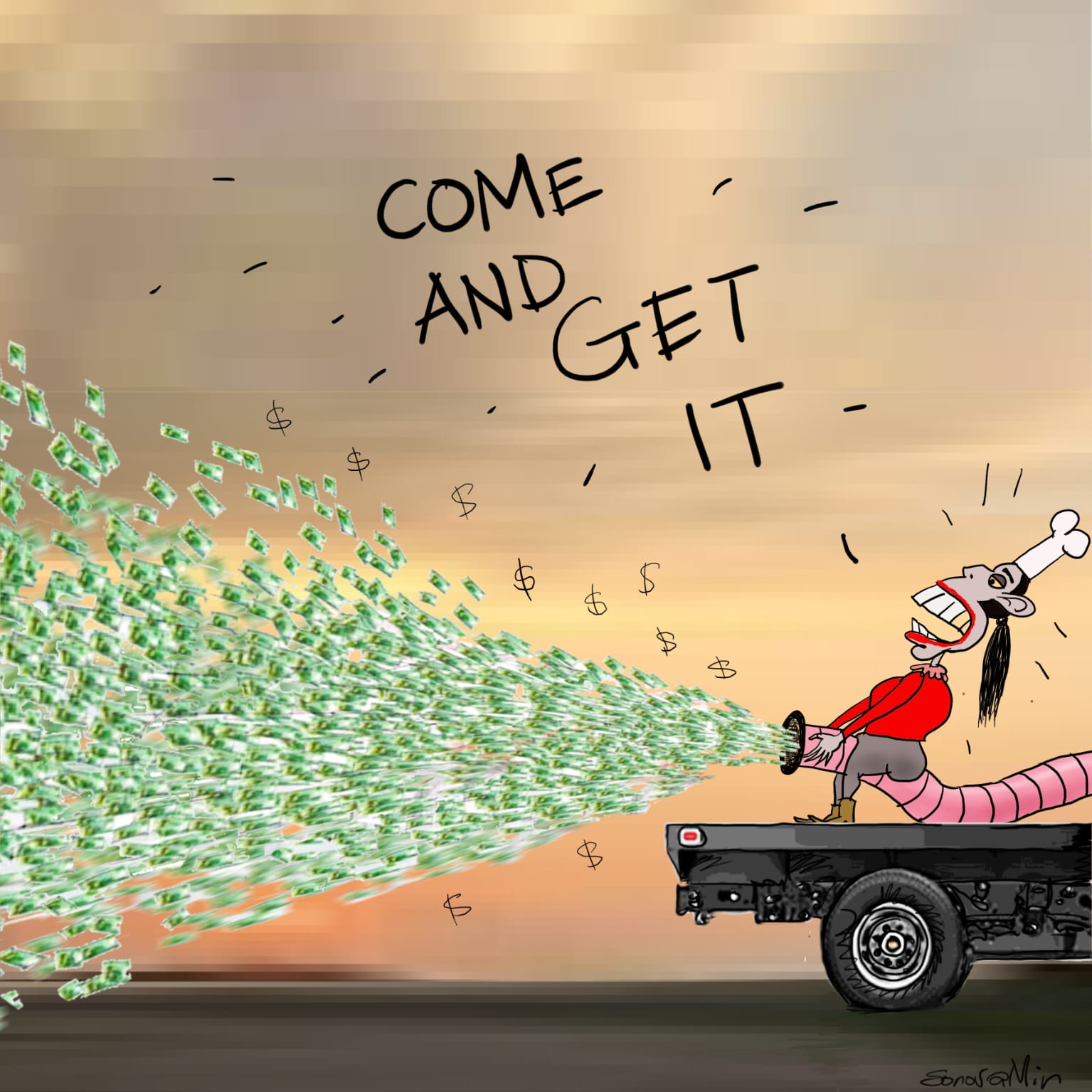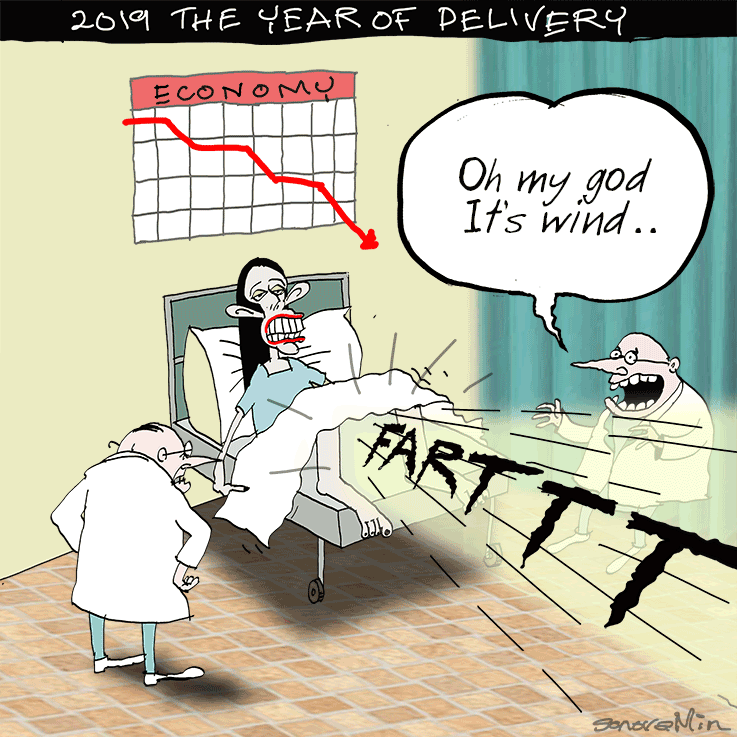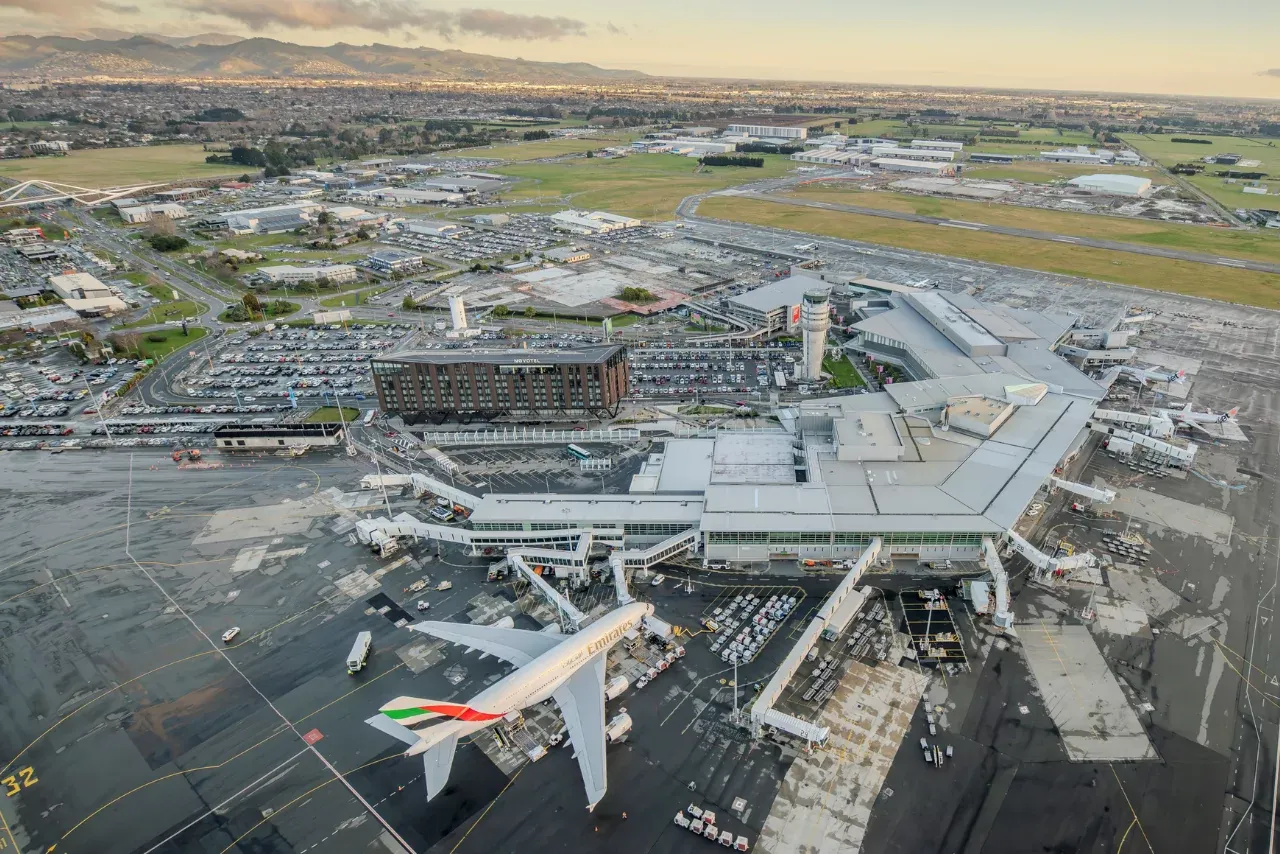Table of Contents
ACT Party
Politics in Full Sentences,
We’re Number One
The left love to say we are lightly taxed compared with European welfare states. But what about the countries that we do business with most? Well, New Zealand is the most heavily-taxed country in the Asia-Pacific. Central and local government taxes and rates make up 32 per cent of GDP. Australians, Japanese, South Koreans and Singaporeans all pay lower taxes. Lower taxes are not a nice to have, they would help attract investment and raise productivity.
Households Hit Hard, Election Year Bribery
The Half Year Economic and Fiscal Update was released this week. It says the average household in New Zealand will pay about $2,200 more in tax by 2021 because of the current Government’s policies. Today’s borrowing spree means higher taxes still in the future. Grant Robertson is about to go on an election year spending spree fuelled by $12 billion of new debt. Borrowing is not a bad thing if the investment pays off, but Robertson has announced the timing (election year) without identifying the projects. Not tidy.

What Else Did HYEFU Say?
Treasury also forecast the economy will soon start to slow and unemployment will begin to rise. New Zealand’s outlook is not as bad as some other countries, but we should set our sights higher. We New Zealanders moved all the way out here for a better life. If we wanted average we’d still be in Europe or Asia. ACT’s policy agenda is ambitious. A single tax rate, to put parents in control of their child’s education funding, and to restrain politicians’ ability to make damaging red tape would all help realise the dream of our pioneering society.
Forget A Week
On Wednesday, three hours was a long time in politics. At 1 pm, Simon Bridges told journos at Parliament that Labour had wasted its way into deficit. By 4 pm, National was voting for Labour’s hare-brained scheme to spend $300 million on a taxpayer-backed venture capital fund. The biggest beneficiaries will be the politicians who get their photos taken with the grant recipients. ACT has always favoured lower company taxes for all over handouts for politically-savvy businesses.
Why?
Any child could predict that A spending B’s money on C will not end well. If politicians knew what to invest in they would have better paid jobs. What they do have is political incentives to juggle against good investment decisions. It wouldn’t matter if the money came from nowhere, but it comes from firms and workers who make a profit and pay tax. Only ACT is consistently arguing for individual freedom over politicians and their grand government schemes.
Phil Wants Your Land
Being responsible for KiwiBuild would shake most people’s confidence to the core, but not Phil Twyford’s. Phil now wants to take private land for his developments by force. The Urban Development Bill allows a new state agency, Kainga Ora, to compulsorily acquire private land for housing developments and other projects. National voted for this.
What Could Go Wrong?
Well, Twyford’s officials have told him: ‘There is a risk that giving [Kainga Ora] access to compulsory acquisition will increase the frequency with which these powers are used. This could potentially reduce public confidence in property rights.’ It was better when Phil was just wasting a lot of money and making a fool of himself. Now he’s undermining our system of property rights that’s taken centuries to evolve.
The Real Problem
In the 1970s, 13 new homes were consented for every 1,000 New Zealanders compared with just 7 last year. The median price of an Auckland section has increased by 903 percent since 1993. The Urban Development Bill lets Kainga Ora override the RMA. But if the RMA retards everyone building homes, why just change it for one government agency? ACT has a far-reaching policy to tackle the RMA, infrastructure funding, and the building consent process, here.
The Year Of Livery
In January the ‘Year of Delivery had a huge “To Do” list. Eliminating child poverty. Fixing the housing market. Raising achievement in education. Come December, they’re happy banning labels from apples. Nanny statism and emotional environmentalism are weapons of mass distraction from the real issues. Sad to say, the housing market still doesn’t perform, child poverty is up, and the OECD reports one-in-five kids leave school without the basic literacy and numeracy needed for modern life.

Evidence-Free Policy-Making
The plastic ban proposal is based on rigorous work by the Prime Minister’s Chief Science Advisor, right? Here’s what we found reading the report.
• ‘8.3 billion tonnes of plastic have been produced globally and the majority of that (79%) has gone to landfill or leaked into the environment…We do not know New Zealand’s contribution…’•‘In many instances, data is not collected at all or at a level useful to inform policy decisions.’
• ‘…there is no data quantifying the amount of ocean plastics attributed to mismanagement of waste from New Zealand…’
• ‘There are significant gaps in our understanding of the scale of plastic leakage into our land and marine environments.’
Problem Definition
Nobody can solve a problem that hasn’t been defined. It’s the ban on plastic bags all over again. The level of analysis on that issue was so poor that the Minister couldn’t say if there even was a problem. Eugenie Sage told ACT she had no idea what proportion of plastic bags end up in waterways. Journalists were able reveal the real reason the Prime Minister was personally invested in banning stickers on fruit: the many letters she receives from schoolchildren.
Reasons To Be Cheerful
On the other hand, people are waking up. Just like Jeremy Corbyn is all gone and Wellingtonians saw through Justin Lester, New Zealanders are seeing through Jacinda Ardern. Conversely, ACT had its best week for new members since June last week. If you’d like to join our movement for rational policy, please consider joining or donating.









